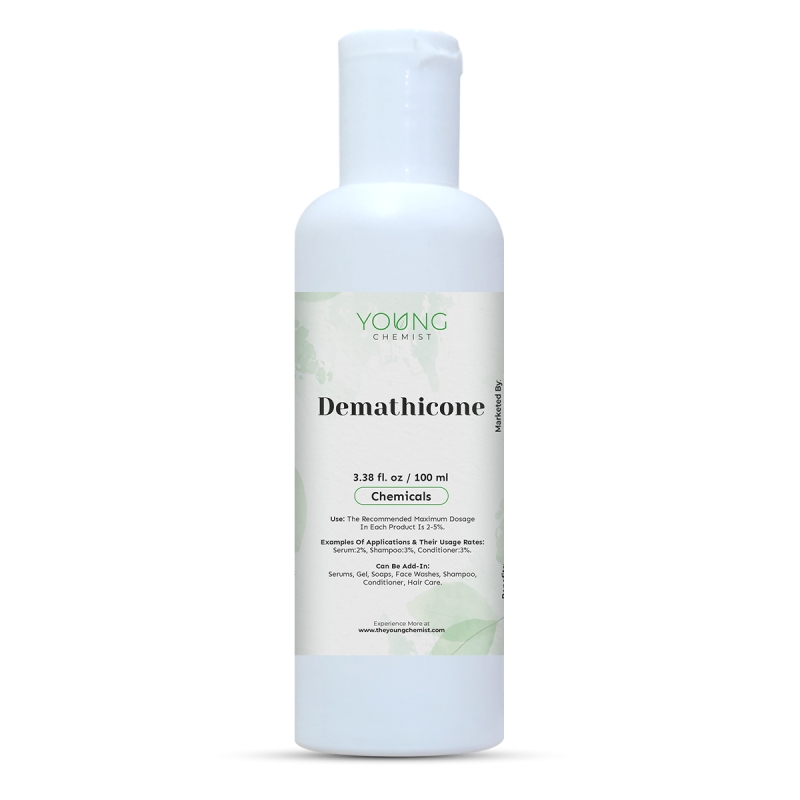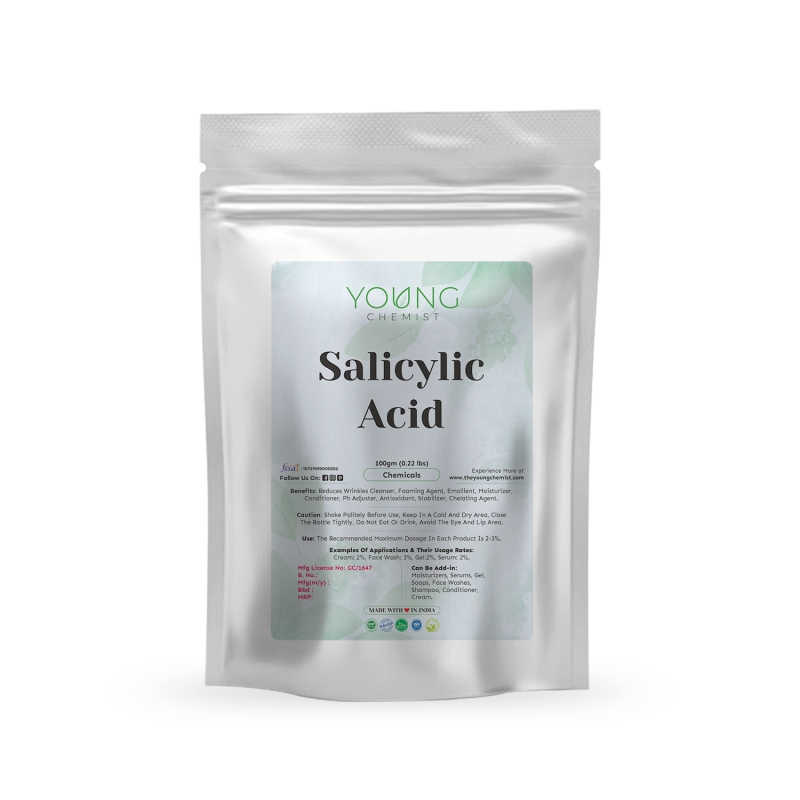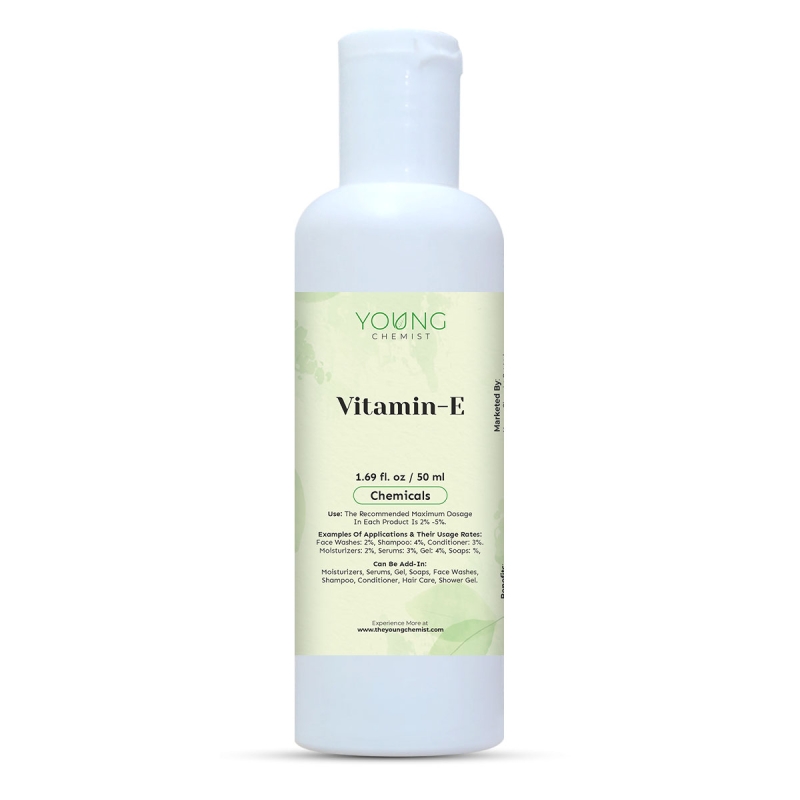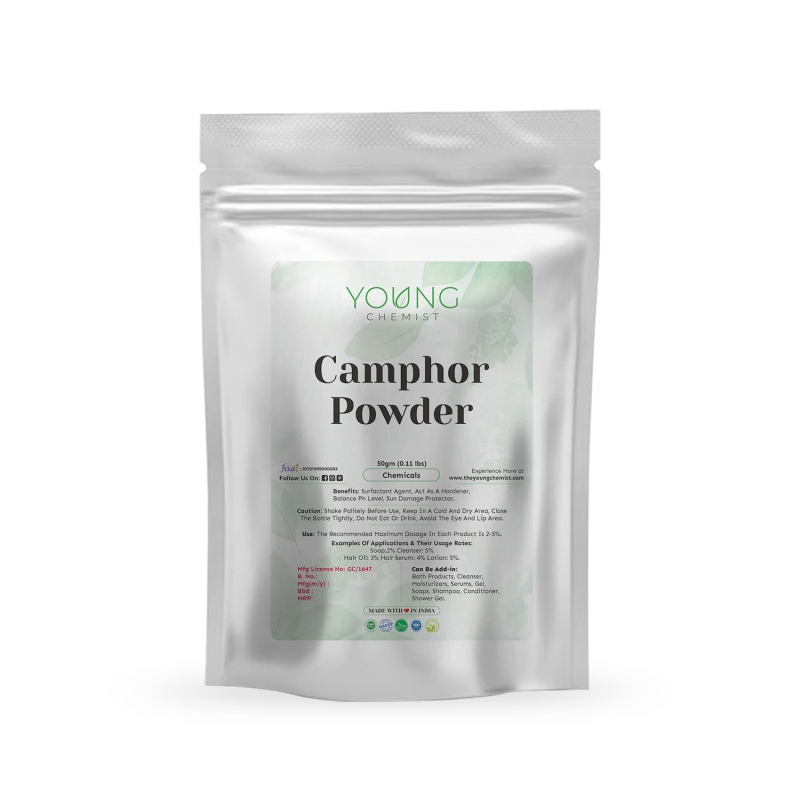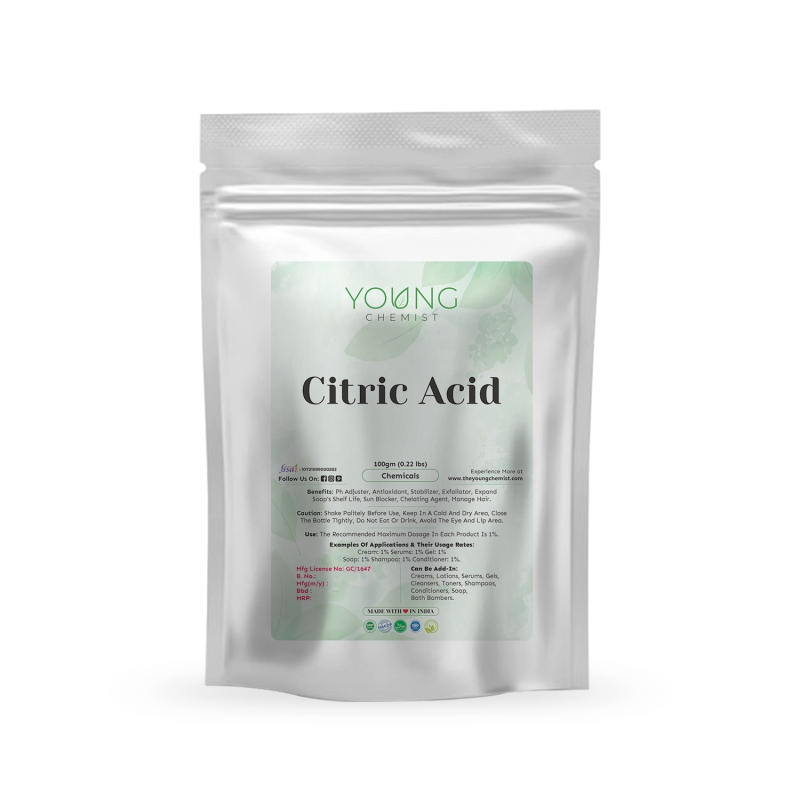-
No Item Added in Cart.
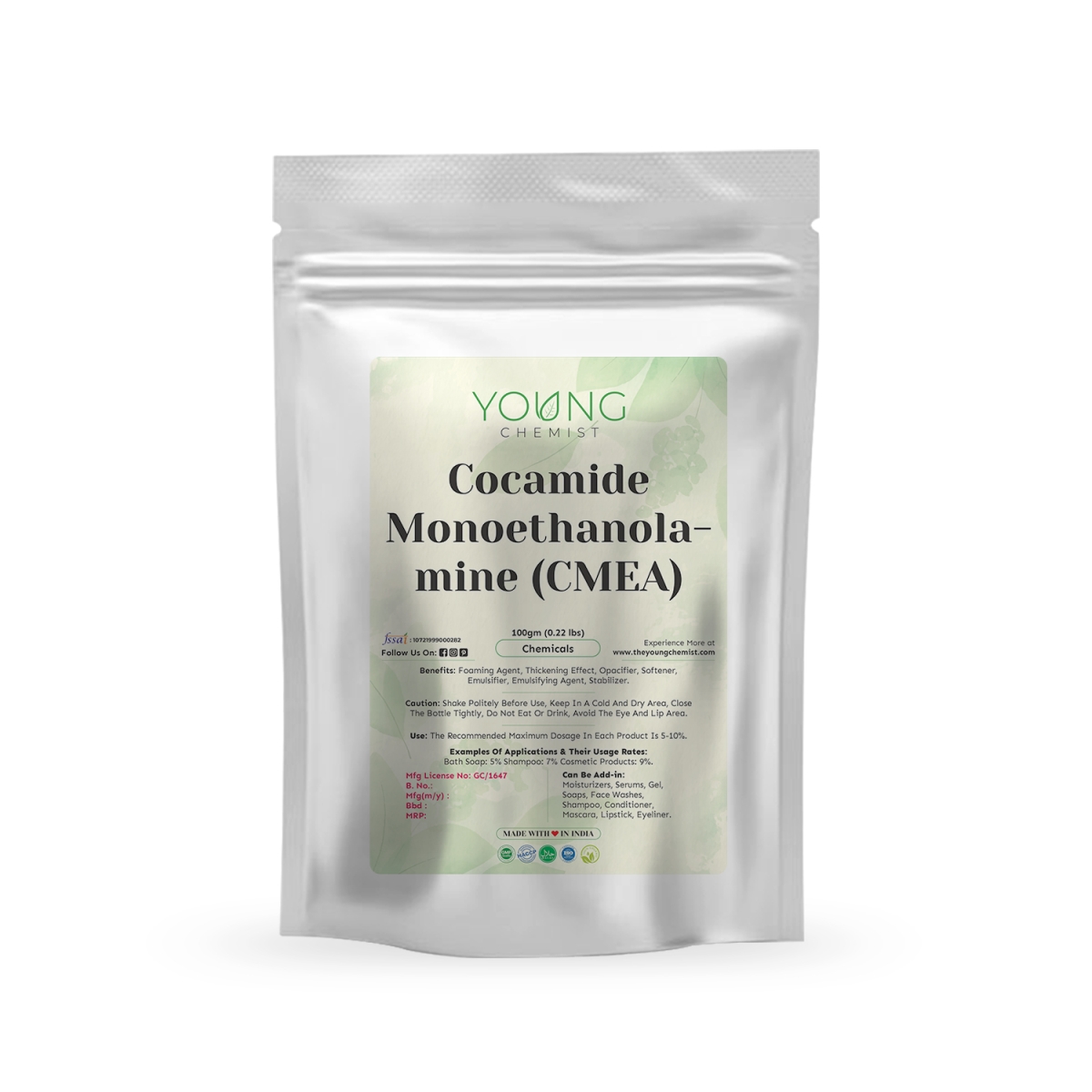
Cocamide Monoethanolamine (CMEA)
SKU: CC-EMS-CMEA
Size

40 customers are viewing this product



Cocamide Monoethanolamine (CMEA) is a cosmetic chemical commonly used in personal care products such as shampoos, conditioners, and body washes. It is primarily used as a foaming agent and viscosity builder, helping to create a rich lather and enhance the texture of the products.
Cocamide Monoethanolamine is typically found in various personal care products, and its usage depends on the specific product. Follow the instructions provided on the packaging or consult the product label for proper usage guidelines. In general, apply the product to wet hair or skin, lather it up, and rinse thoroughly with water.
- Foaming: CMEA contributes to the formation of a luxurious lather, allowing for easier application and distribution of the product.
- Viscosity: It helps to thicken the formulation, giving the product a desirable consistency and improving its spreadability.
- Cleansing: CMEA aids in the removal of dirt, oils, and impurities from the skin and hair, resulting in a thorough cleansing experience.
- Stabilization: It assists in stabilizing emulsions, ensuring that the ingredients remain well mixed and prevent separation.
- Conditioning: CMEA can provide a conditioning effect, leaving the hair and skin feeling soft and smooth.
- Sensitivity: Some individuals may be sensitive or allergic to Cocamide Monoethanolamine. If you experience any signs of irritation, redness, or discomfort, discontinue use and consult a healthcare professional.
- Eye contact: Avoid direct contact with the eyes. In case of accidental eye contact, rinse thoroughly with water.
- External use only: CMEA is meant for external use on the hair and skin. Do not ingest the product.
- Keep out of reach of children: Store personal care products containing CMEA in a safe place away from children's reach.
- Patch test: If you are using a product containing CMEA for the first time, it is advisable to perform a patch test on a small area of skin to check for any adverse reactions before applying it more extensively.
Note: It's important to always refer to the specific product label and consult with a healthcare professional or the manufacturer if you have any concerns or questions about the usage or safety of a product containing Cocamide Monoethanolamine.
Product Questions
CMEA is a fatty acid derived from coconut oil, commonly used in personal care products. It helps create foam and enhances the texture of products like shampoos, body washes, and soaps.
Yes, CMEA is generally safe for use on the skin. It's a mild surfactant, meaning it gently cleanses without being too harsh. However, like any ingredient, it’s always a good idea to do a patch test if you have sensitive skin.
CMEA is added to shampoos and soaps because it helps create a rich, foamy lather that makes cleansing more effective and enjoyable. It also helps stabilize the formula, ensuring that the product has a consistent texture.
Allergic reactions to CMEA are rare, but they can happen, especially if you have sensitive skin or allergies to coconut-derived ingredients. If you notice any irritation, discontinue use and consult a dermatologist.
CMEA is derived from coconut oil, a renewable resource, so it’s considered more environmentally friendly than some synthetic ingredients. However, it’s always good to choose products from brands that prioritize sustainable sourcing and production.
CMEA is generally well-tolerated, but in rare cases, it can cause mild skin irritation, especially if used in high concentrations. Always follow the product instructions and avoid using too much.
Yes, most products containing CMEA are designed for daily use. Its gentle cleansing properties make it suitable for regular use without stripping your skin or hair of natural oils.
Check the ingredient list on the product label. CMEA might be listed as "Cocamide MEA" or "Cocamide Monoethanolamine." If you're unsure, you can always contact the manufacturer for more information.
CMEA is generally suitable for all skin types, including sensitive skin. However, if you have very sensitive skin, it's a good idea to test the product on a small area first to ensure there’s no irritation.
Yes, there are natural surfactants and foaming agents, such as saponins from plants like soapberries or soapwort. However, CMEA is favored for its effectiveness and mildness, making it a popular choice in many formulations.



